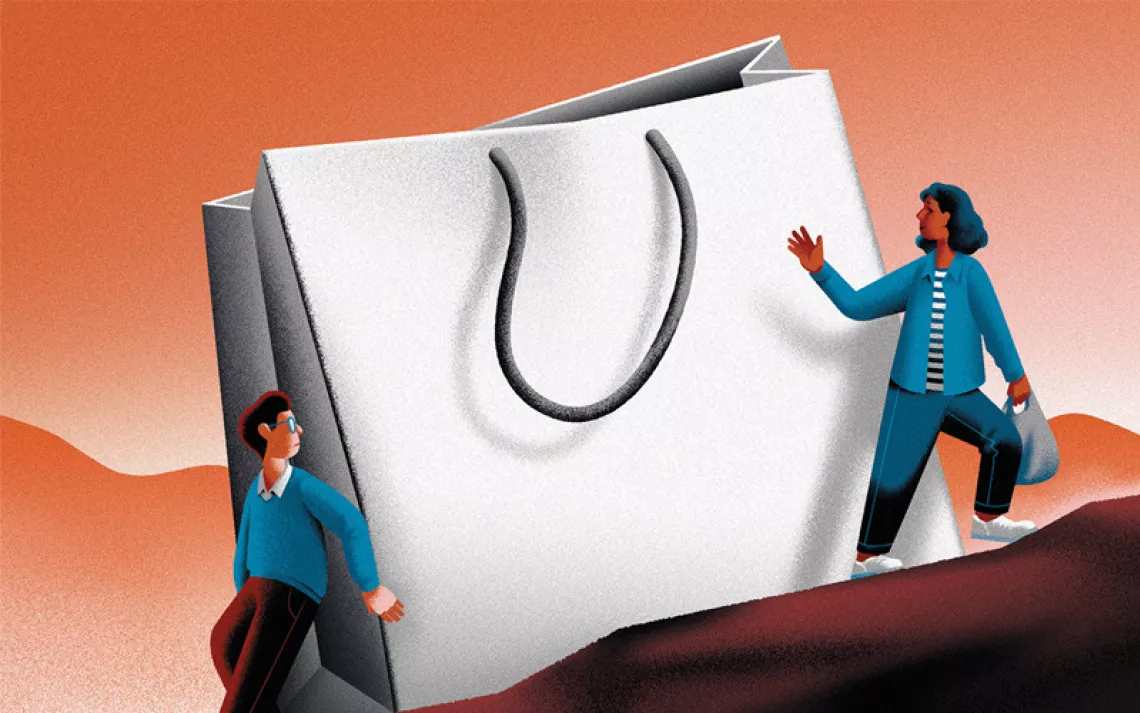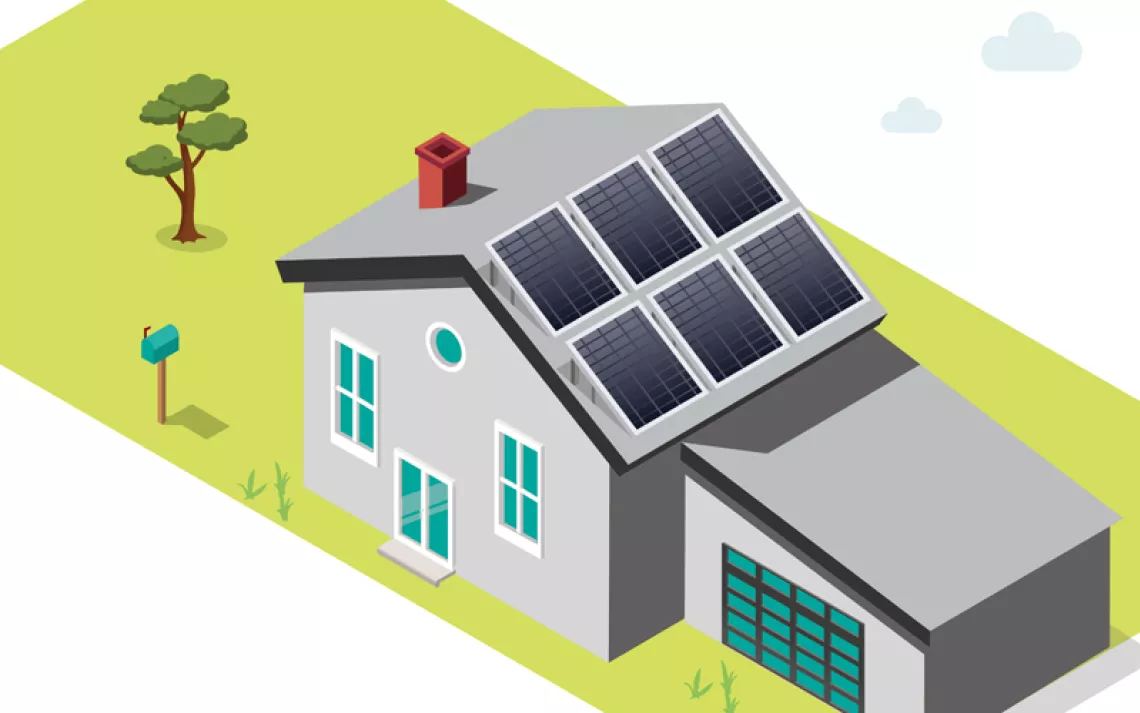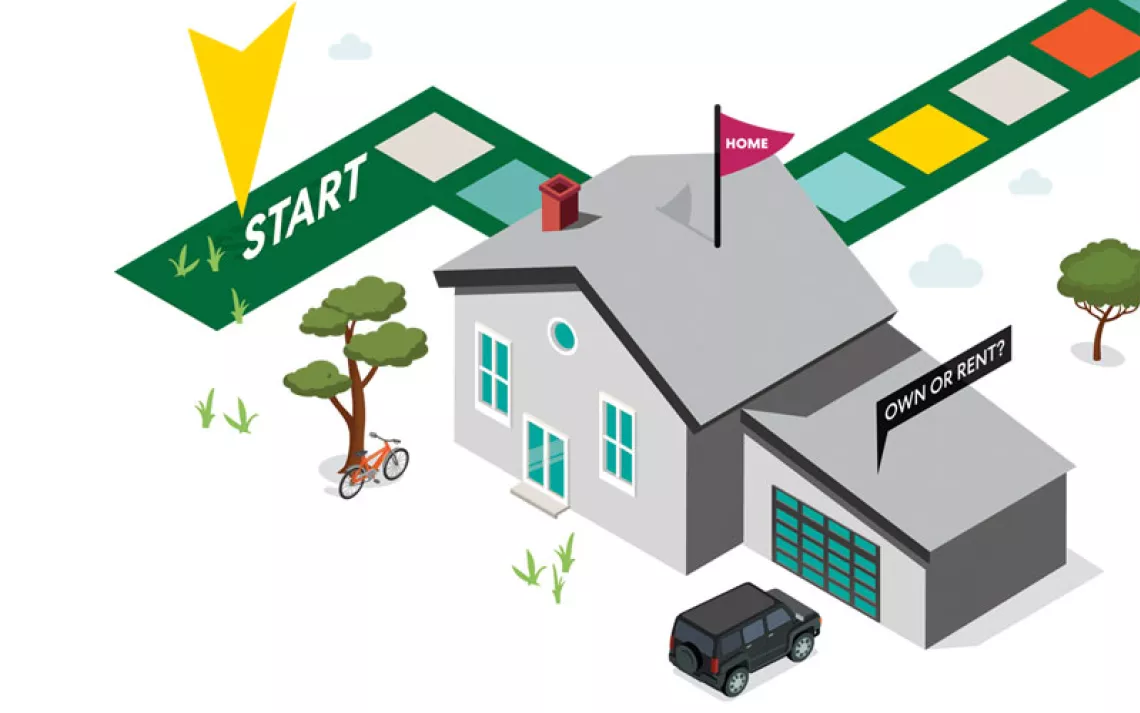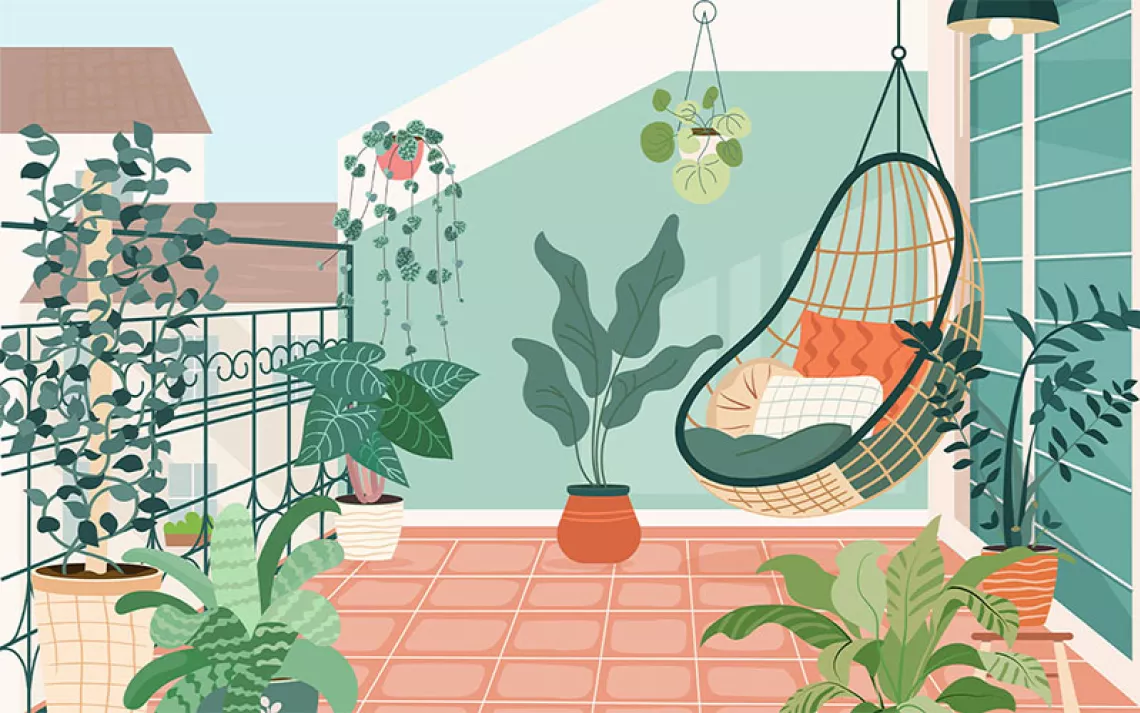Which is Worse: Clean Cars or Green Lawns?
Spoiler: Mr. Green hates your lawn
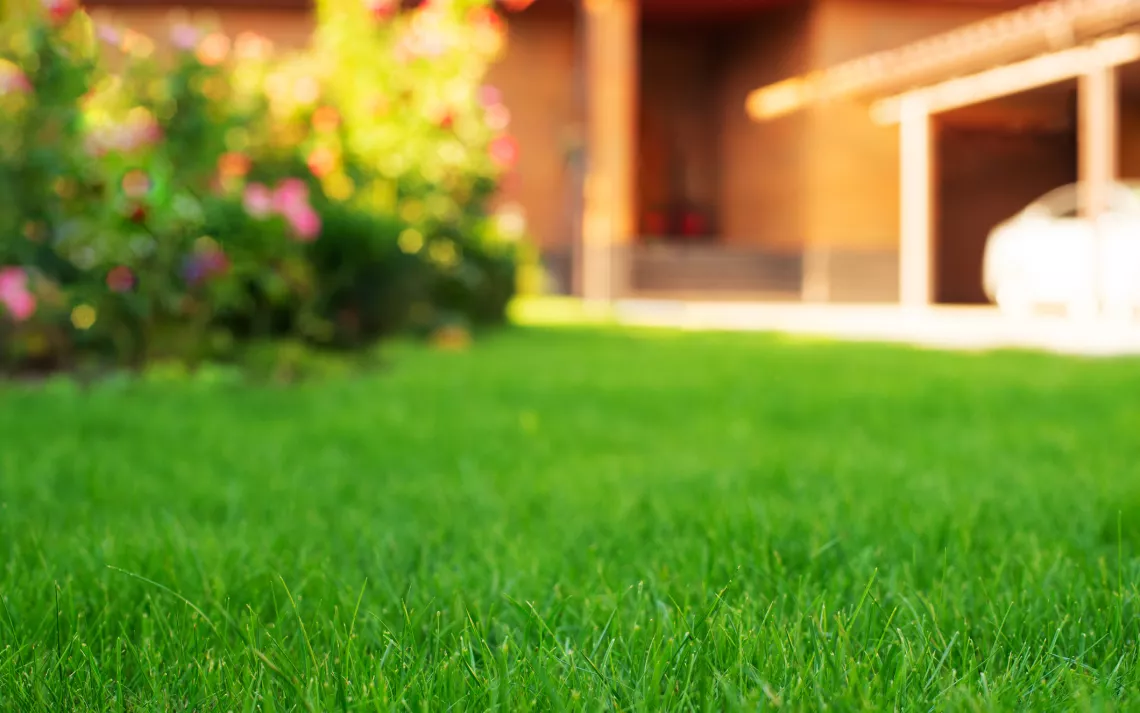
Hey Mr. Green,
I'm seeing lots of media messages urging people not to wash their cars at home in order to stop toxic runoff. This makes sense, but why aren't there similar efforts to stop people from fertilizing and pouring pesticides on lawns? Are efforts to reduce home car washes more common because the lawn care industry is much larger than the car wash industry?
--Adam in Zionsville, Indiana
Your theory about the clout of the lawn care business may be valid. The EPA actually diagnoses folks who wash their cars once a month as "chronic car washers," but nowhere does it identify our obsession with lawns as a psychological disorder.
Of the two quasi-religious rituals, punctilious lawn care is probably worse than periodic vehicle baptism. Lawn-tenders pour on three times as much pesticide per acre as farmers do. Phosphorous-rich runoff from lawn fertilizer feeds ugly carpets of algae that suffocate waterways. Minnesota got so bummed by all the phosphorous draining into its fabled lakes that it banned phosphorous-containing lawn fertilizers five years ago. New York recently followed suit, and other states are also considering bans.
Also, about 100 times more water is used on lawns than on car washing at home, making our 30 million acres of residential lawns America's most irrigated "crop."
But by no means am I letting DIY car washers off the hook: The practice swishes toxic gunk and chemical-laced cleaning products into storm drains that then channel the pollutants into our waterways and oceans. So I recommend commercial car washes, which use less water and are required to adhere to EPA rules. If you choose to wash your car at home, though, use biodegradable soap and limit the amount of water that ends up in the street.
 The Magazine of The Sierra Club
The Magazine of The Sierra Club
